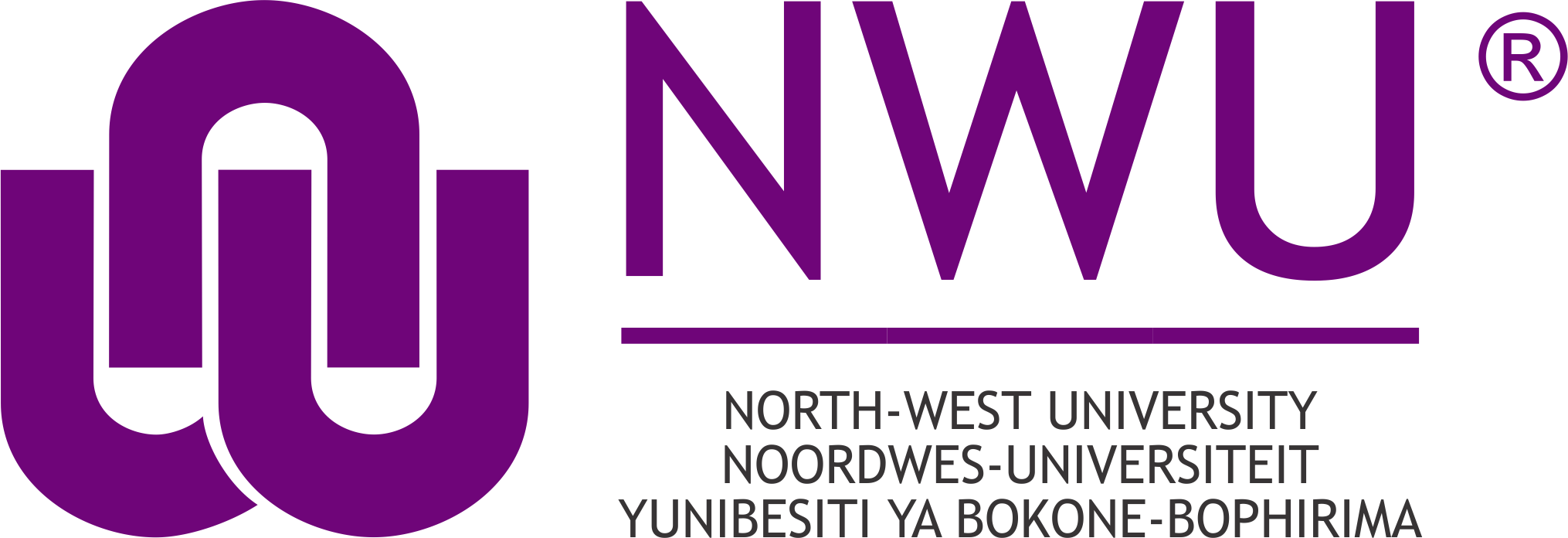Women in engineering: NWU launches exciting initiative
As we see ourselves in a modern world, where the evolution and development of technology enjoy first priority, the North-West University's (NWU's) Faculty of Engineering initiated a one-of-a-kind problem-solving and smart manufacturing competition specifically aimed at high school girls.
With sponsorship from the SETA for Manufacturing, Engineering and Related Services (merSETA), the aim of this competition was to encourage South African girls to identify problems in their own community that may be addressed by technology.
Semi-finalists (teams of two to four girls) were recently selected from all over the country and hosted at the NWU for a mentoring and training workshop. Thereafter, teams pitched their ideas and solutions for the ultimate prize of a once-in-a-lifetime technology tour of Silicon Valley in the United States, and attendance of the Girls in Tech Catalyst Conference in June 2019.
According to Prof Leenta Grobler, project leader, 38 girls from 18 teams were invited to pitch their problem-solving ideas. "Boys in general tend to be more analytical, whereas girls tend to be more creative, and while engineering may not be the most obvious career choice for many girls, it is a field of study that desperately needs their creativity to solve future problems," she says.
"It is also a field in which women can really excel. That is why it is important for to encourage girls to participate."
The teams got involved by identifying a problem worth solving in their community, relating to food, security, water, the environment, health or energy. They then had the opportunity to explore the idea using craft materials to showcase their solution, and thinking about how they would test their solution.
"We called the competition Modiragatsi, because it is the Setswana name for 'performer'. Women are those performers who will change South Africa and find solutions for problems that we have not even identified yet. The girls really took ownership of this competition and identified relevant problems where they could make a difference," explains Prof Grobler.
The winning team, Carli Swart and Berli Roodt from Waterkloof High School, identified that anxiety and associated panic attacks are real and serious problems for many people on the autism spectrum.
Their idea was to develop a special wearable device that can detect when a patient is experiencing a panic attack. The device will then automatically apply moderate pressure to the patient's body to activate the parasympathetic nervous system, which can then naturally relieve the symptoms of the panic attack.
The first runner-up team consisted of four team members. They were Molebogeng Diseko, Thendo Sikhauli, Oreabetse Maphangela and Lesedi Mono from Carleton Jones High School. They identified the problem that a lot of purified drinking water is wasted in flushing toilets and watering gardens. Their idea was to harvest and locally store grey water, which is then re-used for these activities as and when necessary.
"The sponsored prize will now give these girls an opportunity to explore the possibilities within the various fields of engineering. We look forward to seeing many girls like Carli and Berli in the future, shining their way to the top of a profession in engineering. The NWU, together with our merSETA partners, is privileged to be able to help pave the way of women in science," says Prof Grobler.
